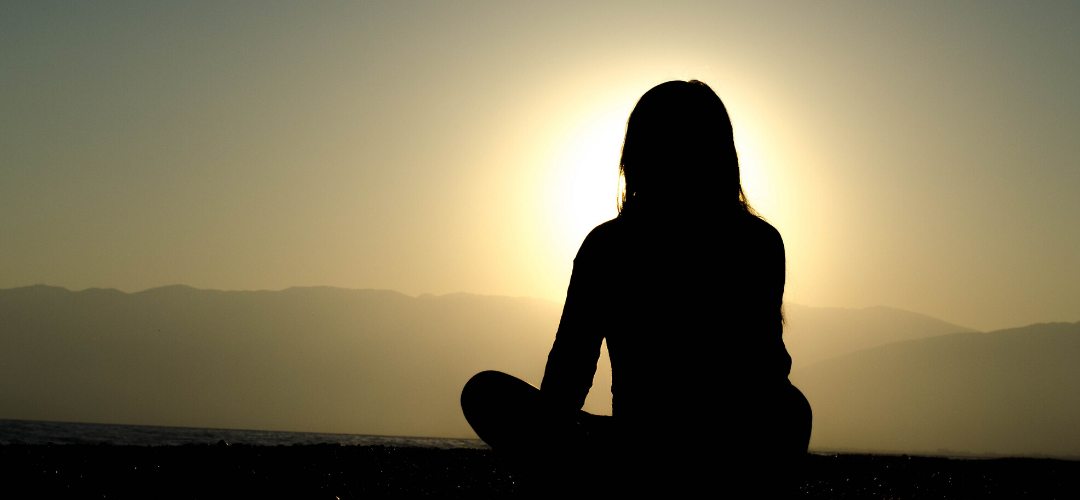Growing up in the late 1980’s, early nineties we experienced nothing of pandemic proportions but did have our share of challenges in my neck of the woods. Race riots, the Bradford City football fire, Poll Tax riots, murders and terrorism featured along the way. Through this though, I remember always being optimistic, not something dour Yorkshire people are famed for. My Glaswegian granny would often say, ‘This too shall pass.’ and ‘All will be well.’ Platitudes they may sound but practically applied to this pandemic, they still hold true.
Twice a year I work in Hong Kong and in speaking with friends and teaching colleagues there the idea that ‘…worry about Covid can grow more quickly than the virus…” resonates in already turbulent times with political upheaval impacting on students keenly.
Like HK, in the UK we have started to challenge the pandemic. Yet our initial community efforts and subsequent honeymoon period may wane; this is normal. Personally I value visualising where I am at in a challenge (see chart below). Although we may be drifting into disillusionment, optimism and taking a few simple steps means we need not stay there.
Phases of Disaster
 *Credit to https://www.samhsa.gov/…/recovering…/phases-disaster via @alexevansuk on twitter.
*Credit to https://www.samhsa.gov/…/recovering…/phases-disaster via @alexevansuk on twitter.
7 simple actions to follow to keep yourself on track during these tricky times
All of them are familiar to anyone who has studied positive well-being; they take minimal effort:
1. Have a routine: get up at a regular time, map out your day giving yourself time to study or work / relax / eat / exercise and sleep.
2. Make the distinction between work or study space and home space, even if this means you tidy your laptop, books, other kit away and store it out of sight, it makes a positive and powerful difference.
3. Do stuff! Have an activity to do each day, better still if it’s helping someone else in your community. This might be as simple as delivering a paper to an elderly neighbour, walking someone’s dog or waving on your way past someone’s house. If none of these are possible do something for yourself that’s nourishing, not aimless.
4. Keep eating and sleeping regular, whether you feel like it or not make sure you eat and sleep regularly. Lack of sleep has similar impacts on your ability to excessive alcohol on driving a car. Keeping things regular really helps.
5. Make time for Fun. Plan time in your day when you can do something you enjoy, stick to it and enjoy it.
6. If you are too stressed, worried or distracted to make time for fun, you need to do something to reduce your stress. Mindfulness or guided meditation via an app such as Headspace, a Youtube channel like Tara Brach’s or through a book or podcast, do it. Try and do it daily, little by little and you are likely to find the benefit, not least in being able to make time for some fun.
7. Come off your screens. Try not to read news feeds just before bed or on awakening and give yourself a break during the day (even if it’s just switching your notifications off or logging out). Harder than it sounds but probably the most effective of these 7 if achieved consistently.
But don’t just take my word for it, along with Blackbullion’s content, check out this Student Guide (by students) via Rethink and a similar resource from Cool Minds in Hong Kong with some helpful planners.
This too shall pass.

